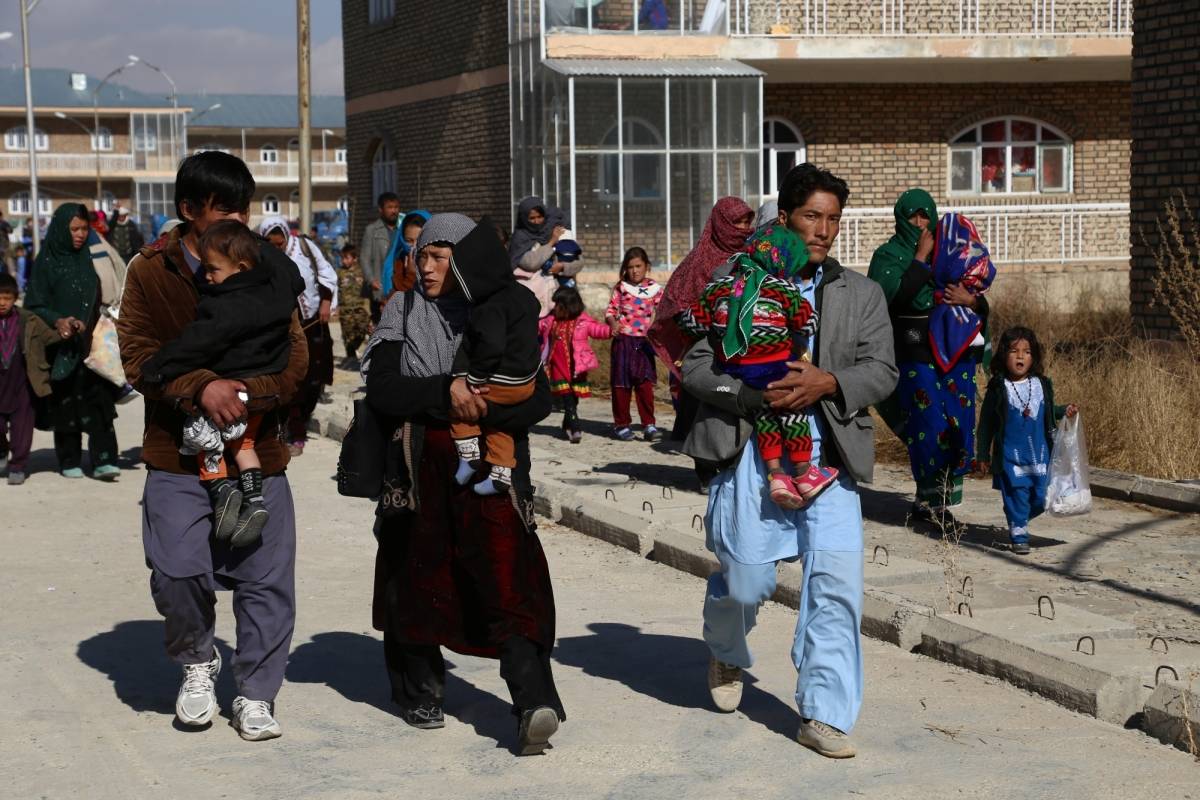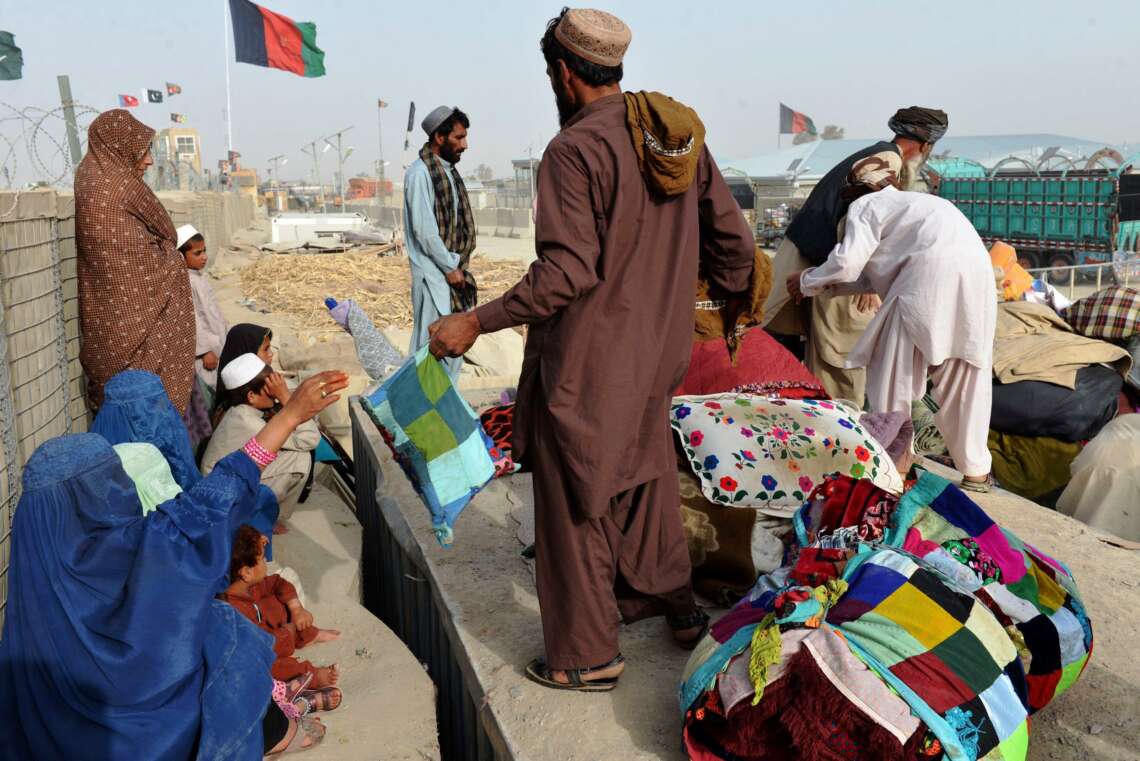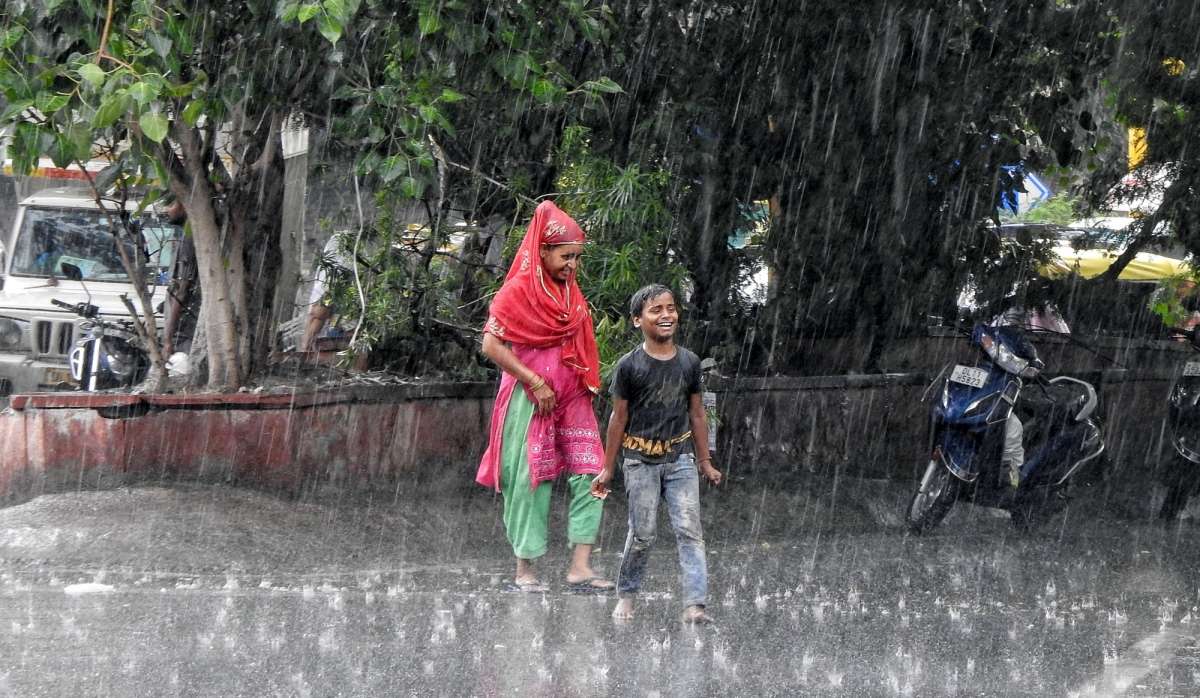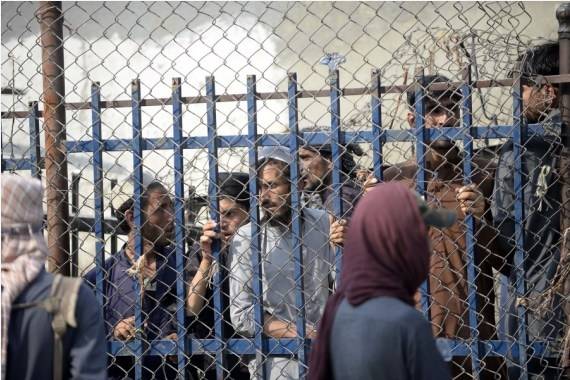Many Afghans have fled to Pakistan for fear of persecution after the Taliban took over Afghanistan in August 2021….reports Asian Lite News
Amnesty International said today on World Refugee Day that the government of Pakistan must urgently stop arbitrarily arresting and harassing Afghan refugees and asylum seekers, many of whom are fleeing persecution by the Taliban, Khaama Press reported.
Many Afghans have fled to Pakistan for fear of persecution after the Taliban took over Afghanistan in August 2021. These migrants have been arbitrarily arrested, put in detention, and have suffered threats of deportation. Causing the delays in the registration procedure, Most Afghan refugees still need to possess Proof of Registration (PoR) cards which is the identity proof document allowing them to reside in Pakistan routinely. Many of them who had ordinary visas while entering Pakistan have also expired, as per Khaama Press.
Dinushika Dissanayake, Amnesty’s Deputy Regional Director for South Asia, said, “It is deeply concerning that the situation of Afghan refugees in Pakistan is not receiving due international attention.”
According to Amnesty International, many refugees in Pakistan do not want to go back to Afghanistan. Also, the organization called on the U.N. agency for refugees to “expedite registration and reviews of applications from Afghans seeking refugee status in Pakistan.”
They also emphasize the refugee’s request that nations sponsoring relocation programmes should speed up the visa application process, according to Khaama Press.
According to Amnesty, over 3.7 million Afghans who fled Afghanistan for political and economic reasons now reside in Pakistan. Moreover, only 1.4 million people have official registration.
Meanwhile, The Afghanistan Embassy in Islamabad also requested Pakistan to cease detaining Afghans earlier this month after 250 people were held for lack of travel documents by counterterrorism officials and other agencies, as per Khaama Press.
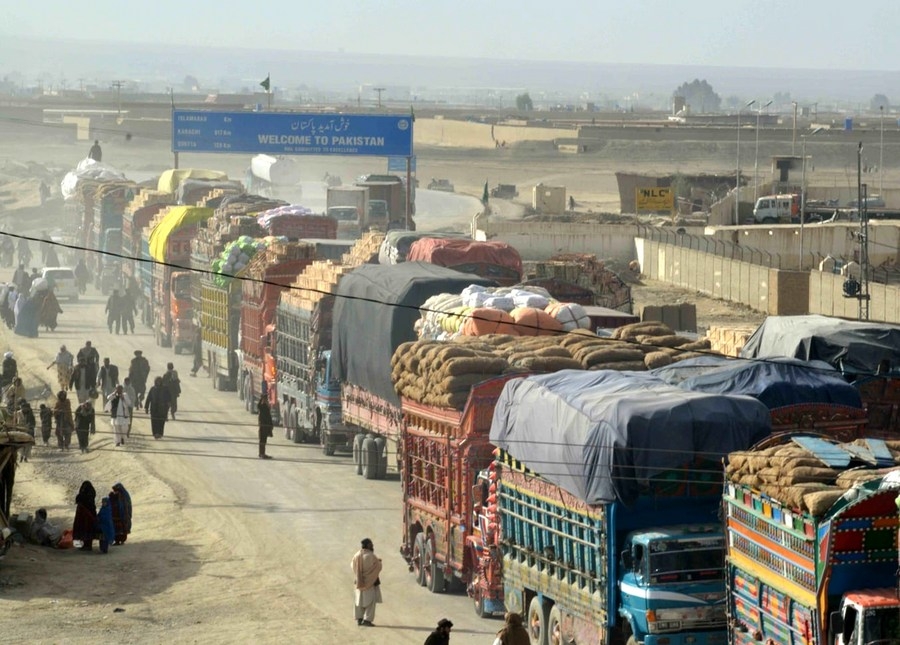
Pak uses tools to disturb tribals along border
Pakistan’s policy of disturbing the tribal people along its border regions with Afghanistan has many dimensions, Afghan Diaspora Network reported. The various tools employed by Pakistan include frequent cross-border firings, violation of Afghan airspace through drones, economic blockade, and disputing Afghanistan’s sovereignty by issuing National Identity Card (NIC) cards to Afghans in border areas.
It is well known that the Pakistani leadership and the Army never miss a chance of inflicting cruelty on poor tribals on the pretext of the Durand Line, Hamid Pakteen wrote in the Afghan Diaspora Network report. Afghanistan has not accepted the 2,640-kilometre borderline as it divides traditional Pashtun regions. The tribal groups have said that the Durand line has left them with a fractured identity despite having a common culture and ethnicity.
Pakistan and Afghanistan have had differences on the matter since the formation of the former in 1947. The intensity of firing at the border has been particularly high after the Taliban came to power in August 2021, the report said.
Unilateral establishment of fences and border posts along the disputed border have been a common sight, apparently to counter-terrorism on international borders. The fencing has been painful for Pashtun and Balochi tribal communities living on both sides of the border, including their agricultural land, traditional trade, and movement of labour.
The tools used by Pakistan include harsh economic measures on Afghan people through frequent blockades at Chaman and Torkham which are the major border crossings, affecting the revenue of the Taliban, according to the Afghan Diaspora Network report. In recent years, another tool used by Pakistan involves the issuance of NICs to the residents of Barmal, which is a district in Paktika province in Afghanistan.
The decision of Pakistan has reportedly sparked a strong protest by Afghanistan through its embassy in Islamabad. Afghanistan has said that providing NICs to people is a violation of its national sovereignty and territorial integrity. Kabul is believed to have raised the demand from Pakistan to discontinue the distribution of the cards immediately, warning that it could negatively affect the ties between the two nations.
Afghanistan is believed to have demanded Pakistan discontinue the distribution of the cards immediately, warning that it could negatively impact the diplomatic relations between the two countries, Hamid Pakteen wrote in the Afghan Diaspora Network report. The residents of Barmal are Pashtuns, predominantly from the Kharoti and Wazir tribes. (ANI)


